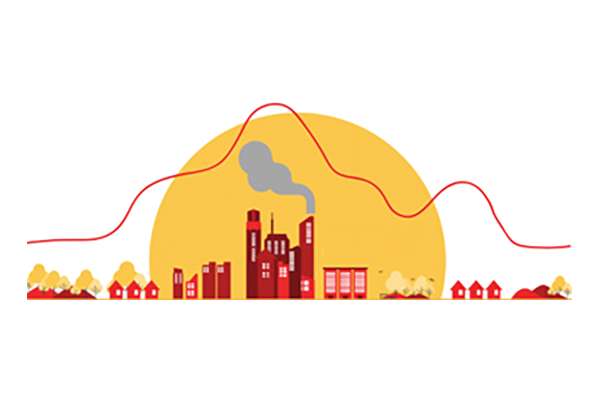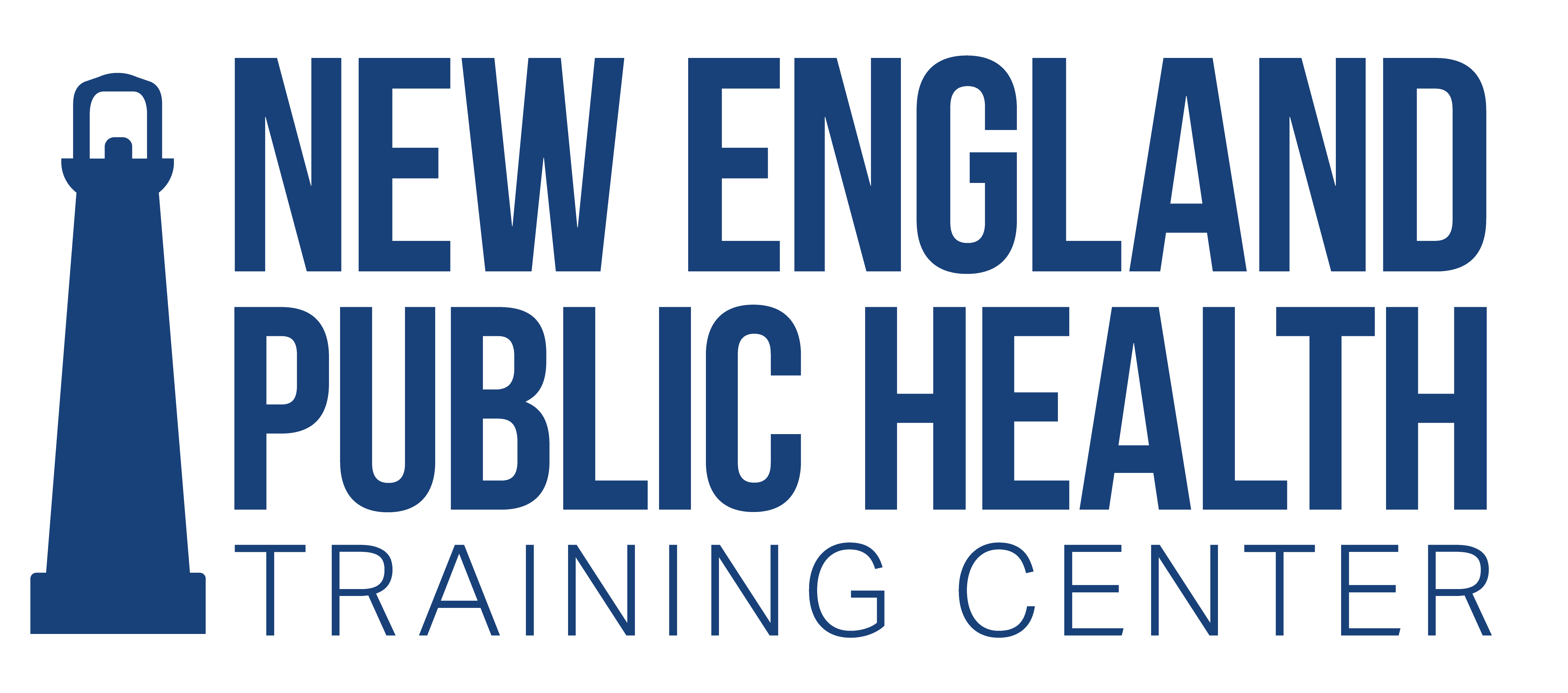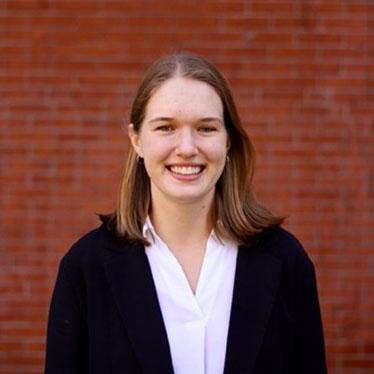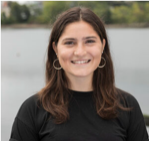
Environmental Exposures and Health at the Local Level: A Case Study of Chelsea, MA | Part 1: Extreme Heat
What are some barriers to extreme heat mitigation in an environmental justice community in Massachusetts?


Register
Course Information
- Audience: Public health professionals, human health clinicians, environmental scientists, health scientists, students, community organizers, environmental non-profit workers, and others interested in the health of humans and the environment.
- Format: Webinar
- Date/Time: Thursday, July 20, 2023
12:00 PM – 1:00 PM EST - Price: Free
- Length: 1 hour
- Credential(s) eligible for contact hours: Sponsored by New England Public Health Training Center (NEPHTC), a designated provider of continuing education contact hours (CECH) in health education by the National Commission for Health Education Credentialing, Inc. This program is designated for Certified Health Education Specialists (CHES) and/or Master Certified Health Education Specialists (MCHES) to receive up to 1 total Category I continuing education contact hours. Maximum advanced-level continuing education contact hours are 0. Provider ID: 1131137 Event ID: SS1131137_CH1.If you are not seeking CHES/MCHES contact hours, if you complete the evaluations, you will receive a Certificate of Completion. The Certificate will include the length of the course.
- Competencies: Community Partnership Skills
- Learning Level: Awareness
- Companion Trainings: Environmental Exposures and Health at the Local Level: a case study of Chelsea, MA | Part 2: Air Pollution
- Supplemental materials:PowerPoint
- Pre-requisites: None
About this Webinar
In this Webinar series, you will get to know two important environmental health issues: extreme heat and air pollution. We will discuss important concepts and research methods through case-studies on specific projects conducted in the City of Chelsea, Massachusetts.
What you'll learn
At the end of the webinar, participants will be able to:
- Explain key environmental health concepts, risk factors for various environmental exposures, vulnerable populations, environmental (in)justice, quantitative research methods, qualitative research methods, and community-engaged approaches.
- Demonstrate a deeper understanding of two important environmental exposures of concern in the context of an environmental justice community: extreme heat and air pollution.
- Identify facilitators and barriers that different community partners face when communicating environmental health risks.
- Discuss relevant environmental health policy and regulatory applications.
Subject Matter Experts

Alina McIntyre

Bianca Navarro Bowman
Alina McIntyre is a Ph.D. Candidate in the Department of Environmental Health at the Boston University School of Public Health. After earning a Bachelor’s degree in both Community Health and Spanish at Tufts University, Alina completed a Master’s degree in Environmental Health and Engineering at the Johns Hopkins Bloomberg School of Public Health. Her research is part of the Chelsea and East Boston Heat Study (C-HEAT), a collaborative project between GreenRoots, Inc. and BUSPH. She is specifically involved in community-engaged heat and air pollution exposure research, drawing on environmental epidemiology, exposure assessment, and qualitative methods.
Bianca Navarro Bowman is the Climate Justice Coordinator at GreenRoots, Inc. She is passionate about building community knowledge, power, and leadership to combat the unequal distribution of the effects of climate change. At GreenRoots, she leads and supports projects that focus on centering resident involvement and perspectives in advancing community climate resilience and adaptation. Bianca loves working with community members and coworkers to improve the ability of EJ populations to safely navigate increasing summer heat temperatures, flood impacts, and decarbonization efforts that threaten to leave low- and middle-income folks and people of color behind in the clean energy transition. She is originally from the Washington, DC area and graduated from the College of William & Mary in Virginia. She studied English Literature and Environmental Science & Policy and has a background in community-based citizen science research, environmental field work and forest fire management work.
Registration
Select the Enroll Me button below to register for this recording. If you have any trouble accessing the recording, contact support@nephtc.org.
Acknowledgement: This project is supported by the Health Resources and Services Administration (HRSA) of the U.S. Department of Health and Human Services (HHS) as part of award 2 UB6HP31685‐05‐00 “Public Health Training Centers.” The contents are those of the author(s) and do not necessarily represent the official views of, nor an endorsement, by HRSA, HHS or the U.S. Government.

